This February the CSLP’s new workshop series, Unveiling Equity, got underway with back-to-back workshops.
The first workshop, Tackling Structural Racism, took place on February 7, with a morning session in English and an afternoon session in French. Vivek Venkatesh was joined by colleagues from the University of Alberta’s Department of Native Studies, Nykkie Lugosi-Schimpf and Celina Yellowbird, with the panel moderated by Kathryn Urbaniak, PhD candidate and Program Manager for Project Someone. In the French session, Dr. Lugosi-Schimpf was exchanged with University of Alberta’s Paul Gareau and the session was moderated by Rawda Harb (PhD candidate)


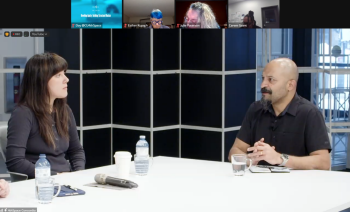 Celina Yellowbird and Vivek Venkatesh participated in both the English and French workshops
Celina Yellowbird and Vivek Venkatesh participated in both the English and French workshops
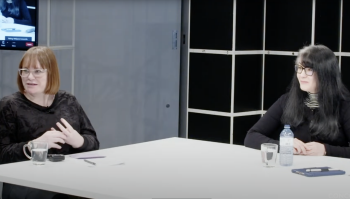 Kathryn Urbaniak and Nykkie Lugosi-Schimpf
Kathryn Urbaniak and Nykkie Lugosi-Schimpf
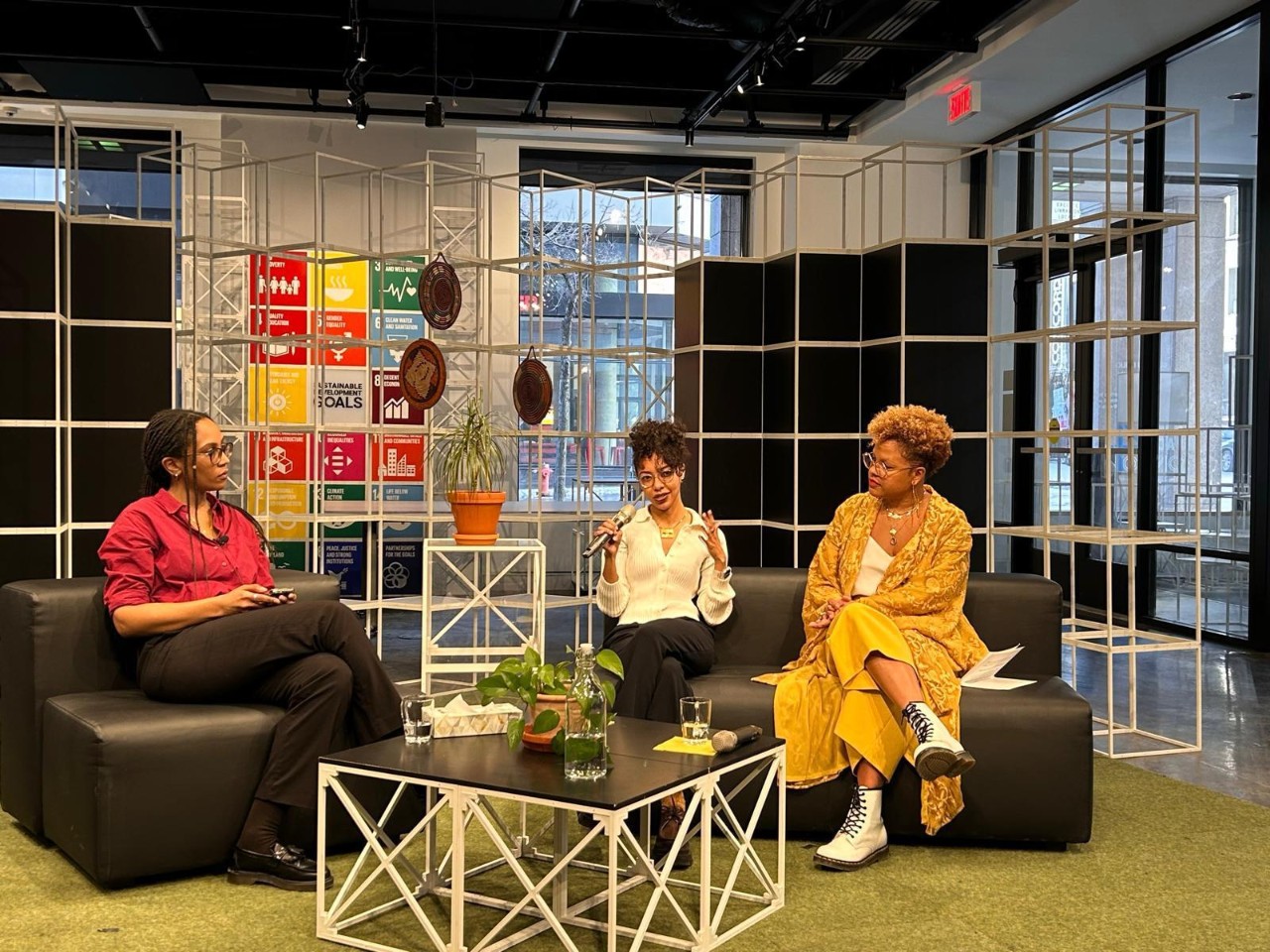 Dalia Elsayed, Leena Abdelrahim & Marlihan Lopez. Photo by Azfar Adib.
Dalia Elsayed, Leena Abdelrahim & Marlihan Lopez. Photo by Azfar Adib.
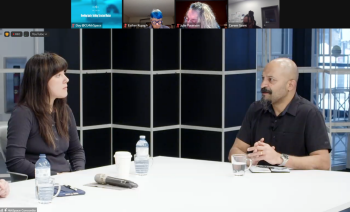 Celina Yellowbird et Vivek Venkatesh ont participé aux ateliers en anglais et en français.
Celina Yellowbird et Vivek Venkatesh ont participé aux ateliers en anglais et en français.
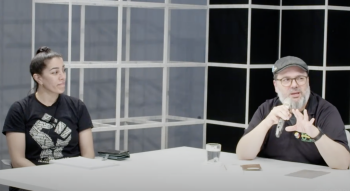 Rawda Harb et Paul Gareau
Rawda Harb et Paul Gareau
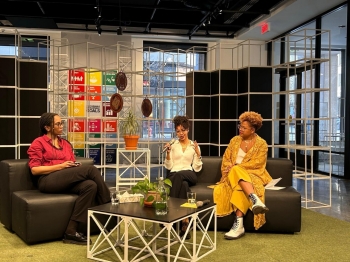 Dalia Elsayed, Leena Abdelrahim et Marlihan Lopez. Photo par Azfar Adib.
Dalia Elsayed, Leena Abdelrahim et Marlihan Lopez. Photo par Azfar Adib.